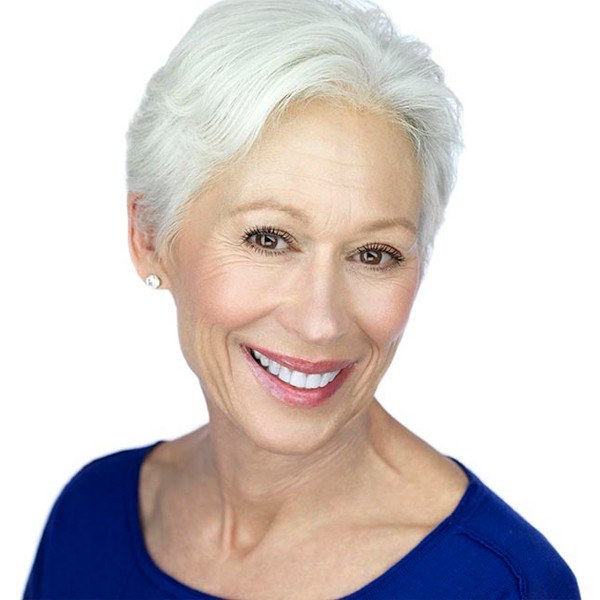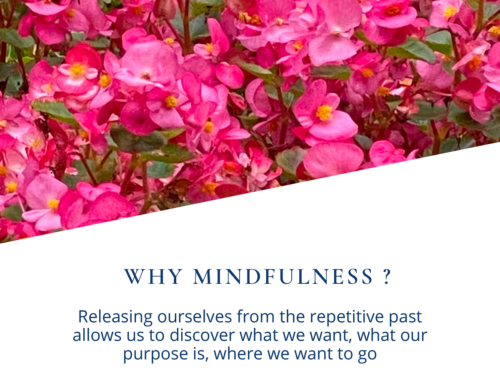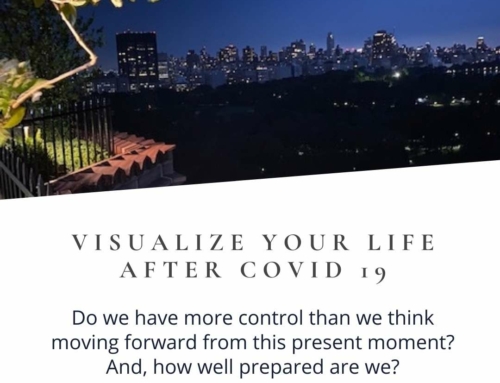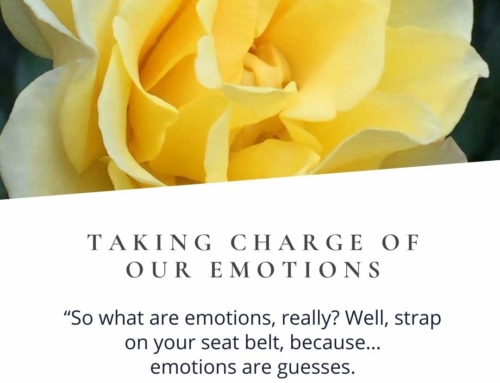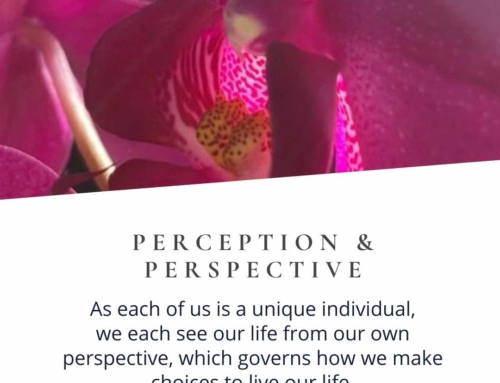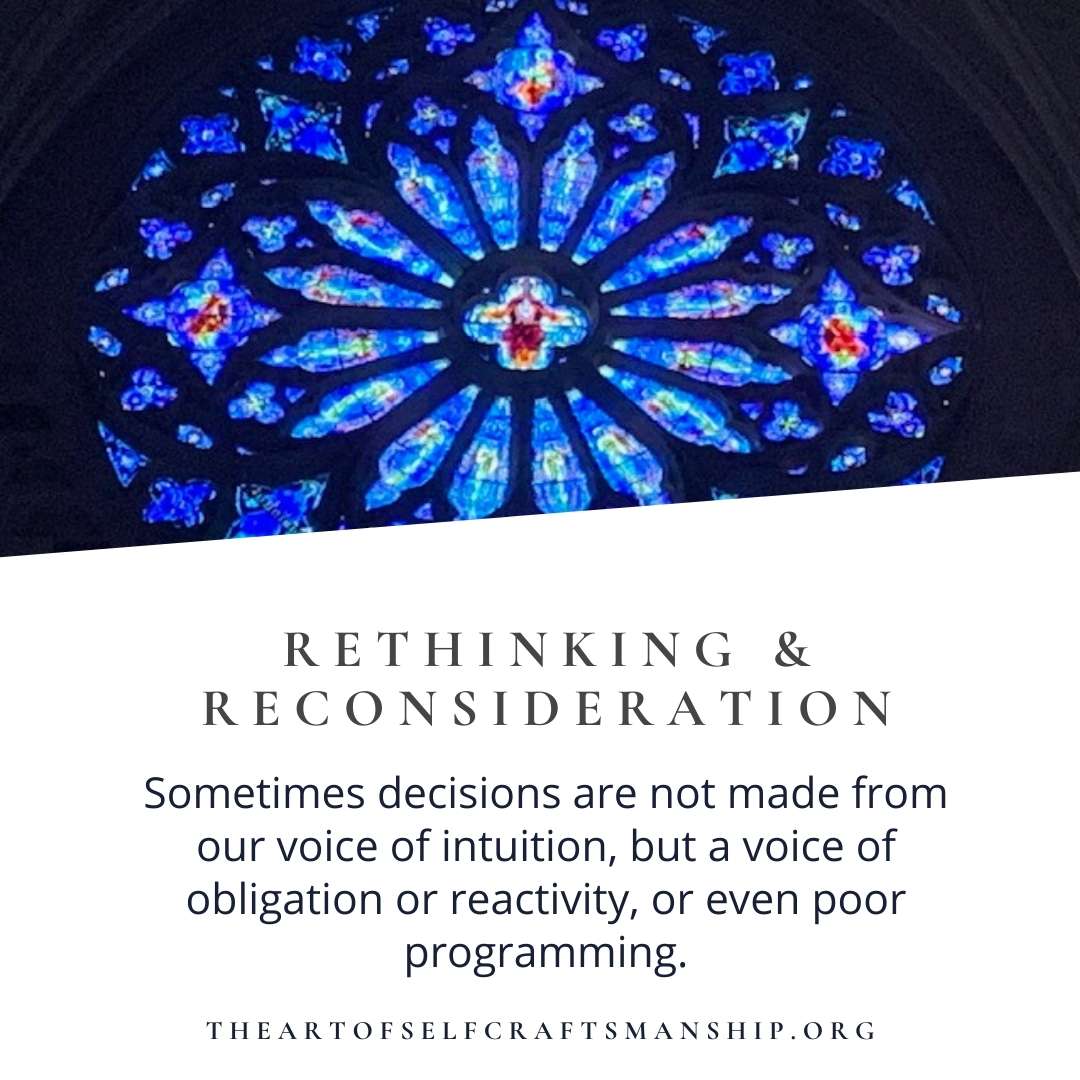
How to Use Them to Make Big Changes in Your Life
Have you ever wished that you had changed your mind about something? Boy, I have.
Sometimes decisions are not made from our voice of intuition, but a voice of obligation or reactivity, or even poor programming.
That’s the thing—you and I were programmed by our people and environment when we were young and had no idea at that time what programming even was. Or, that it was happening. That programming formed our beliefs.
Most people do what they know—what they grew up with, what they were taught, and that came from what their parents or surrogates were taught, and on and on back through the generations.
And, we, in turn, have programmed our children, because we’ve been doing what we know.
We’ve broken the cycles that we recognized as undesirable though the blind spots are numerous.
Some of the programming is marvelous, some of it is destructive, and much of it is not necessarily malicious, but it is just no longer useful. However, it’s likely still being used—still influencing you and me and our decisions.

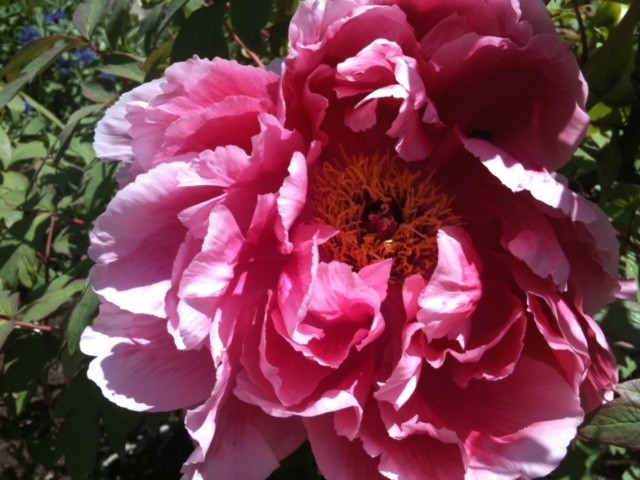
I’m reading Dr. Adam Grant’s most recent book, THINK AGAIN — The Power of Knowing What You Don’t Know.
Dr. Grant is an organizational psychologist at The Wharton School and has been the top-rated professor there for the last seven years, he is well published and well received. His open-mindedness and curiosity, as well as his adeptness, are key to his approach to this.
Dr. Grant notes that as knowledge increases at an increasing rate…
“The accelerating pace of change means that we need to question our beliefs more readily than ever before.”
Dr. Grant suggests different facets through which information is filtered and disseminated in each of us—through the preacher, the prosecutor, the politician and the scientist.
The scientist mode is the most generally useful as I understand it:
“When we’re in scientist mode, we refuse to let our ideas become ideologies. We don’t start with answers or solutions; we lead with questions and puzzles. We don’t preach from intuition; we teach from evidence. We don’t just have healthy skepticism about other people’s arguments; we dare to disagree with our own arguments. Thinking like a scientist involves more than just reacting with an open mind. It means being actively open-minded. It requires searching for reasons why we might be wrong – not for reasons why we must be right – and revising our views based on what we learn.”

